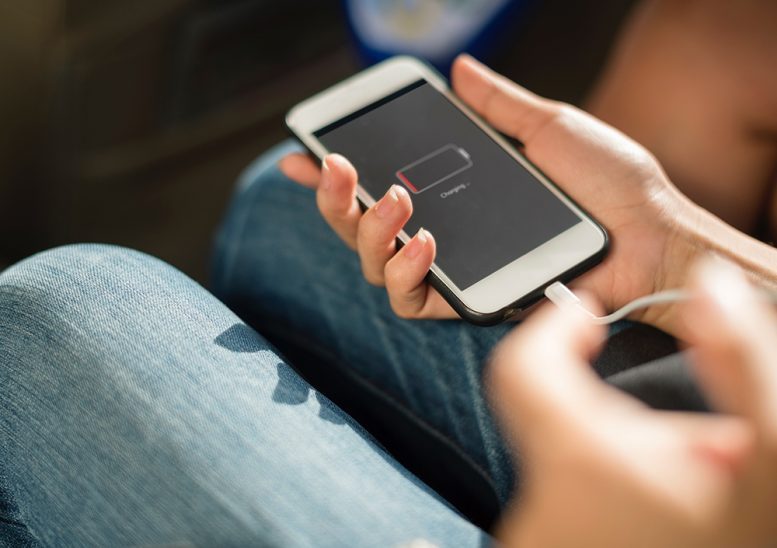Formal complaints against Apple (NASDAQ:AAPL) are piling up after the company admitted to purposefully reducing the performance of its older iPhone models in December. Now, Apple faces lawsuits – 59 punitive class actions across the United States.
Apple confirmed its implementation of ‘power management features’ to older models, which users have noticed cause the phone to slow down when performing tasks. Responding to data gathered by developer and Primate Labs founder John Poole, Apple claimed that the reason for the slowdowns is to protect aging batteries which become increasingly unable to cope with the phone’s processing power. However, skeptical users are accusing the company of making old models worse in order to coerce customers into buying newer, faster iPhones.
>> Apple – Ads, New Phones, Ka-Ching!
Indeed, these accusations go way back, forming a sort of conspiracy theory propounding Apple’s engagement in ‘planned obsolescence’. Users have noticed for a while that their iPhones slow down when newer models are released.
The witch-hunt is definitely underway, though it’s important to note that Apple’s excuse isn’t entirely untrue. Lithium-ion batteries do have a limited life-span, as Apple point out in a statement to Techcrunch: ‘Lithium-ion batteries become less capable of supplying peak current demands … as they age over time, which can result in the device unexpectedly shutting down to protect its electronic components.’ By throttling the processing power the phone can produce, Apple prevent such shutdowns from taking place at the cost of the device’s performance.
Yet it is the lack of transparency that has angered Apple’s customers. In addition, it is not clear that Apple have done all they can to minimize the detrimental effects of their battery fix which could potentially give weight to the accusations.
>> Google Calls Out Microsoft for Software Bugs
Both of these issues surely have contributed to the 59 punitive class actions across the United States now faced by the company. According to documents received by Macrumors, most of the lawsuits will likely be consolidated to a Californian court in order to maximize the efficiency of proceedings. This is common practice for similar hearings across multiple states. One such lawsuit demands the replacement of an affected device, as well as compensation for loss of use, loss of value and the purchase of new batteries, among other things.
It will be interesting to see how the cases pan out, and whether or not the iPhone slowdowns cease afterward…











